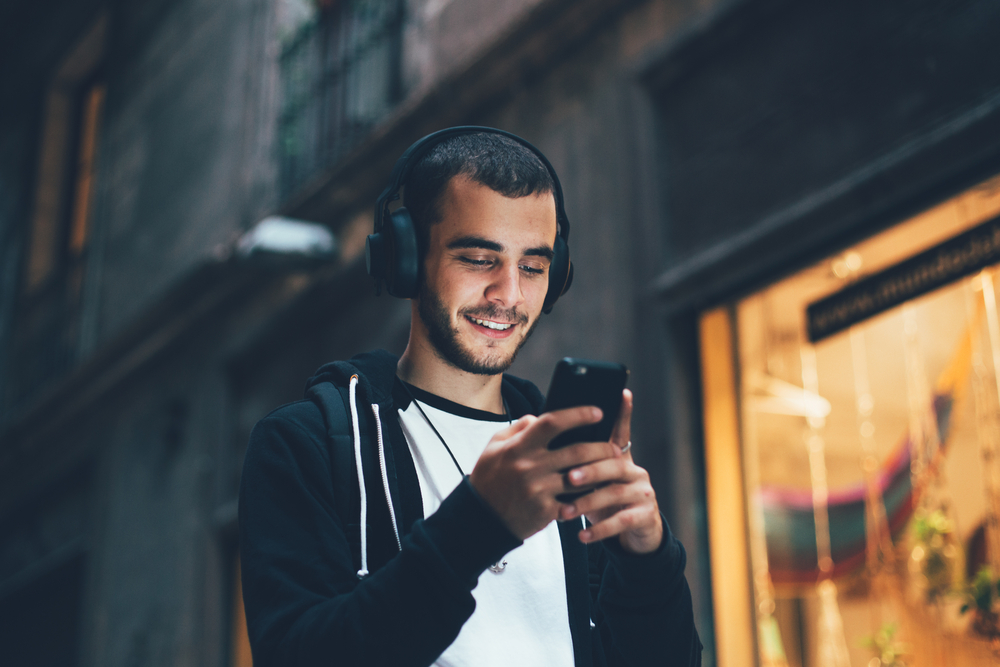
James is a music aficionado who has mastered the art of integrating his favorite tunes into his day-to-day life, easily shifting from Spotify at his desk to Pandora on his runs, and meticulously putting together playlists to perfectly enhance every activity, whether he’s working out, cooking a meal, or immersed in a gaming session. His headphones are his constant partners, transforming his life into a completely soundtracked experience. However, while James gets solace and joy in the immersive world of music, the very thing he treasures could be silently damaging his priceless sense of hearing.
Concerning our ears, there are both safe and dangerous ways to indulge in music. Sadly, many of us tend to incline towards the latter.
What is the link between extended exposure to music and hearing damage?
As time pass, loud noises can cause deterioration of your hearing abilities. We’re used to regarding hearing loss as an issue related to growing old, but more and more research reveals that it’s actually the accumulation of noise-related damage that is the issue here and not anything intrinsic in the aging process.
It also appears that younger ears are especially susceptible to noise-related damage (they’re still developing, after all). And yet, young adults are more likely to be dismissive of the long-term hazards of high volume. A growing number of young people are experiencing hearing loss due to frequent use of loud headphones.
Can one listen to music without any safety issues?
Unregulated full volume is clearly the” hazardous” way to listen to music. There is a way to enjoy to music more safely, which usually means decreasing the volume. The suggested safe volume levels are normally as follows:
- For Adults: No more than 40 hours of listening on a device, and keep the volume below 80 dB.
- If you’re under 18, 40 hours is still acceptable, just be sure to keep the volume at a safe level, 75 decibels or less.
Breaking it down, you’re dealing with roughly 5 hours and 40 minutes of listening each day. Although it may seem excessive, the time can pass unexpectedly fast. In spite of this, the majority of people possess a well-developed understanding of time management, a skill that is generally mastered during early childhood.
The more difficult aspect involves keeping track of your sound level. Devices like smartphones, computers, and TVs usually do not display volume in decibels. It’s gauged on some random scale. The range could be as wide as 1 to 100, or it could be as narrow as 1 to 16. You may not have any idea what the max volume on your device is, or how close to the max you are.
Tips for effectively keeping track of your music volume
To address this problem, a number of free noise tracking applications are available for both iPhone and Android devices. These apps provide immediate feedback on surrounding noise levels, enabling users to tweak their listening volume to safe levels.
For this reason, many audiologists recommend utilizing one of the numerous noise level monitoring apps available at no cost. These extensively obtainable apps, compatible with both iOS and Android platforms, provide instant sound-level feedback on the ambient noise around you. In this way, you can keep track of the decibel level of your music as it plays and make changes as necessary.
Comparing relative volumes: from garbage disposals to dishwasher
By way of illustration, 80 dB is roughly comparable to the noise emitted by a common garbage disposal or dishwasher– audible, yet not excessively loud. Identifying this volume level is important because it marks the point at which hearing loss becomes a real and substantial worry.
So, being extra vigilant when exceeding this decibel threshold is essential. Think about limiting exposure to excessively loud music by enjoying certain tracks at maximum volume rather than indulging in complete albums.
Repeated exposure to elevated volume levels can lead to hearing problems including tinnitus and eventual hearing loss. By being aware of when our ears are at risk, we allow ourselves to make informed decisions in order to promote safer listening habits.
Schedule a hearing exam
For better prioritization of your hearing health, it is recommended to consult a hearing specialist to book a thorough hearing test. Proactive steps such as regular assessments can detect any possible issues early on, allowing for timely interventions and individualized suggestions to safeguard your vital sense of hearing.